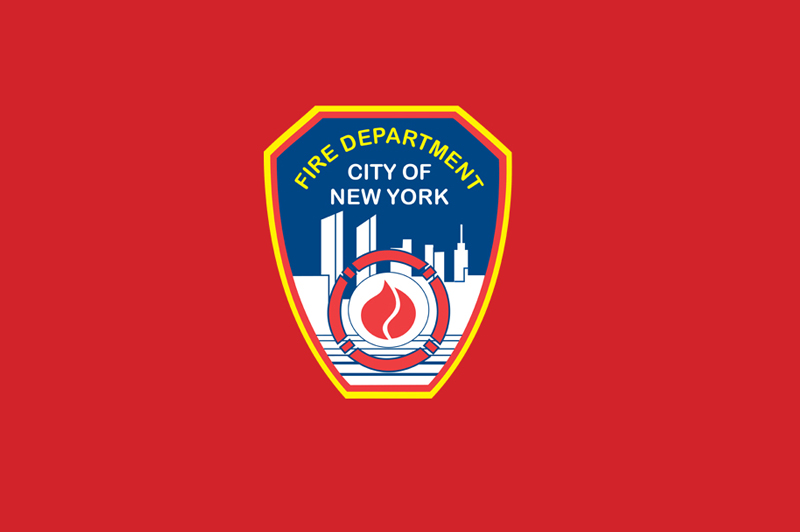FDNY Announces Publication of 15 Year Study on the Health Effects of the World Trade Center Attacks
December 9, 2016
Following the fifteenth anniversary of the World Trade Center disaster this past September, FDNY has published and mailed to every FDNY WTC-exposed responder in the FDNY Health Program a summary of its 15 years of health studies. In addition, this summary also included updated numbers and metrics demonstrating the effective utilization of the FDNY WTC Health Program funded by the National Institute of Occupational Safety & Health under the Zadroga Act of 2010, which was recently reauthorized in 2015.
“September 11th took the lives of 343 FDNY members, and it continues to take the lives of far too many more men and women who bravely took part in the World Trade Center rescue and recovery effort,” said Fire Commissioner Daniel A. Nigro. “This comprehensive study details the terrible toll the attack continues to take on the FDNY family, as well as the critical need for continued monitoring, treatment and funding to help those suffering from World Trade Center illness.”
These findings highlight the longer-term physical and mental health impacts and the fact that FDNY WTC-exposed responders (Firefighters and EMS members) continue to utilize the health services provided by this program for WTC-covered injuries and illnesses.
A summary of study findings include:
1.Since inception, this program has provided treatment for WTC-related injuries/illnesses (physical and/or mental health) to 13,771 members. And in the last year over 9,053 members have received a physical and/or mental health WTC-related treatment service. This indicates not only continued participation in our program but continued need
2.The most common WTC-related physical illnesses continue to be upper and lower respiratory diseases (chronic rhinosinusitis, vocal cord abnormalities, asthma, and chronic bronchitis) and acid-reflux (also known as gastroesophageal reflux disorders or GERD)
3.The most common WTC-related mental health illnesses are Post-traumatic Stress Disorder and Depression.
4.There are high rates of co-morbidity between these WTC-related physical and mental health conditions, making diagnosis and treatment challenging.
5.More cancer cases than expected were found for all cancer types combined among FDNY responders, compared with the general population. Prostate and Thyroid cancer contributed substantially to the total excess of cancer across all sites.
6.More Autoimmune disease cases (Sarcoidosis, Rheumatoid Arthritis, Myositis, etc.) then expected were found among FDNY responders
7.FDNY responders continue to use the FDNY WTC Health Program funded by NIOSH under the Zadroga Act at unprecedented numbers. Since 9/11, FDNY has provided more than 15,300 members with over 130,000 monitoring exams. In the last 2 years, over 13,000 (84%) have received a monitoring exam and over 10,000 have received WTC-related treatment.
8.FDNY responders with 9/11-related illnesses are more likely to experience early retirement.
9.In addition to the 343 FDNY responders who died during the collapse on 9/11/01, 127 FDNY responders have since died from WTC-related illnesses.
This is the most comprehensive post-disaster health report ever done. The findings highlight the importance of early and continued health monitoring coupled with integrated care for exposure-related mental and physical health conditions. These findings from the FDNY WTC Health Program were critical in supporting the passage and subsequent reauthorization of the James L. Zadroga 9/11 Health and Compensation Act in 2015, which provides health care services through the WTC Health Program to eligible responders and survivors, including our FDNY responders.
For the study, click here.





